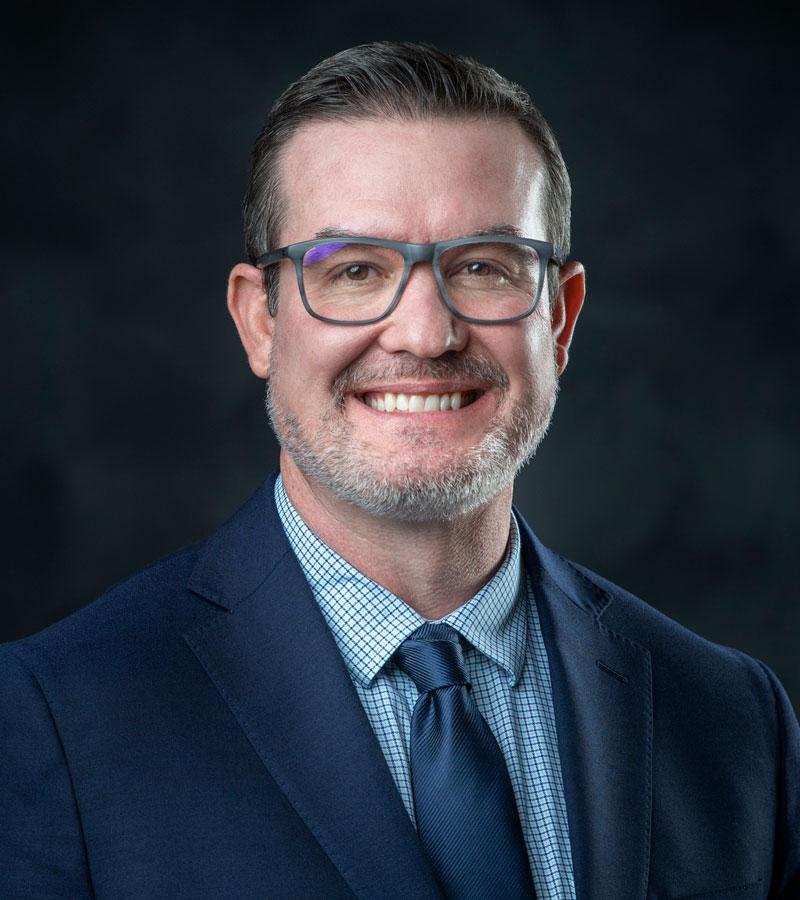Doctor of Education (Ed.D.) in Educational Policy & Organizational Design
The Doctor of Education (Ed.D.) with a concentration in Educational Policy & Organizational Design is a terminal degree designed to prepare scholar-practitioners serving in educational settings and professional agencies. By combining educational theory with action research, students learn how to critically examine programs and provide solutions to meet the needs of their setting. Graduates will possess the content knowledge and research skills necessary to improve educational and other systems. This degree is offered in a blended (i.e., asynchronous and synchronous) format for all courses.
This 61-hour program (31 hours beyond the Ed.S degree) is designed to meet the needs of P-12 educators and other professional staff who wish to pursue a doctorate degree who have earned an Educational Specialist (EdS) or equivalent in P-12 or related fields. This degree offers an opportunity to pursue a doctoral degree to increase qualifications for leadership positions, increase knowledge base appropriate to a doctorate, and enhance the graduates’ trajectory in their selected career in educational and related settings, particularly within the school and district P-12 levels. This Ed.D. degree focuses on applied research, which is more appropriate and applicable to graduates who want to engage in application of their skills and knowledge, rather than pursue a career that focuses on a traditional theoretical research agenda as a faculty member in post-secondary education settings. To this end, the Doctor of Education with a concentration in Educational Design builds on a specialist degree (or equivalent) and will require a capstone or applied research project as the culminating of the degree rather than a traditional dissertation.
Program of Study
| ED 8813 | Applications of Systems Change in Education and Related Fields | 3 |
| ED 9323 | Program Accountability in Education | 3 |
| ED 9314 | Systems and Individual Level Supervision, Mentoring, and Consultation | 4 |
| ED 9343 | Organizational/Project Design and Management | 3 |
| ED 9413 | Government & Agency Relationships in Education Policy | 3 |
| EPY 8133 | Crisis Prevention & Intervention | 3 |
| ED 9913 | Capstone Seminar in Education | 3 |
| ED 8620 | Capstone Project in Education | 9 |
| Approved Electives (MSU transfer policy applies) | 30 | |
| Total Hours | 61 | |
The program requires a minimum of 61 hours of coursework beyond the master’s degree (31 hours beyond an educational specialist degree or equivalent) which includes 30 hours of electives and a comprehensive exam. Students may take the comprehensive examination when they are within 6 hours of completing their coursework including the capstone seminar and have an overall graduate GPA of 3.0 or higher. See the E-POD Graduate Student Handbook for specific criteria regarding the comprehensive exam.
The capstone project proposal meeting can be scheduled any time after the successful completion of the comprehensive examination requirements. The specific guidelines for the proposal are contained in the Capstone Project Guide.
Admission Requirements
- A completed graduate application. Click HERE to access this directly.
- Statement of purpose detailing your professional goals and how those goals fit the program to which you are applying.
- Names and email addresses for three references including two professional contacts and one instructor/professor who can speak to your academic ability. The admissions office will send them a link to an online reference form. Do not list family members and please inform your references so they can expect to be contacted by the admissions office.
- A recommended minimum 3.4 GPA (master’s or specialist’s degree) for admission to Ed.S. and Ed.D. programs.
- Participation in an interview.
- Current medical immunization record.
All documentation and official transcripts must be submitted to the graduate school for the Ed.S. and Ed.D. degree programs.
While applications are accepted year-round for this program, applications received by the deadlines below will receive priority review:
- Fall Admission – April 15
- Spring Admission – September 15
- Summer Admission – February 15
Advisor

Jeffrey Leffler, Ph.D.
- Associate Professor
- Graduate Coordinator